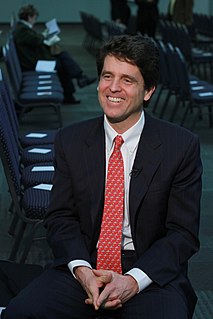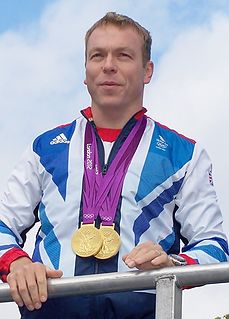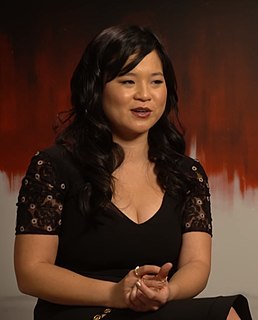A Quote by Mark Shriver
I had had a father whose shoes I could never fill, against whom I would never measure up; yet, I felt no pressure do so.
Related Quotes
My father had been opposed to my flying from the first and had never flown himself. However, he had agreed to go up with me at the first opportunity, and one afternoon he climbed into the cockpit and we flew over the Redwood Falls together. From that day on I never heard a word against my flying and he never missed a chance to ride in the plane.
Peter was not with them for the moment, and they felt rather lonely up there by themselves. He could go so much faster than they that he would suddenly shoot out of sight, to have some adventure in which they had no share. He would come down laughing over something fearfully funny he had been saying to a star, but he had already forgotten what it was, or he would come up with mermaid scales still sticking to him, and yet not be able to to say for certain what had been happening. It was really rather irritating to children who had never seen a mermaid.
Strange indeed is human nature. Here were these men, to whom murder was familiar, who again and again had struck down the father of the family, some man against whom they had no personal feeling, without one thought of compunction or of compassion for his weeping wife or helpless children, and yet the tender or pathetic in music could move them to tears.


































